
Uncertainty
We learn over time what makes for our happiness, the personal choices needed to shape our comfort and pleasure in life. However, no matter how secure we might feel in our immediate dwelling place, we are reminded daily of our existence in a wider world.
Elisabeth Mukawski’s poem captures the disturbing reality of events over which we have no control nor choice. There’s a stark feel to the poem that underscores that sense of constraint. Notice the intentional rigidity of the form of the poem. In couplets (two-line stanzas) composed of short lines like marching steps, the poem moves relentlessly toward its conclusion: “At the end of a war. / At another war’s beginning.”
We are asked to think about silences, of different kinds. The silence with an old friend or favorite brother is the only silence in the litany of silences, that feels comforting. Certain human relationships are an oasis of peace. Therein lies a possible answer to the dilemma of constant conflict and warring.
What is your chosen source of quiet in a cacophony, your ballast or anchor when the seas of life become choppy?


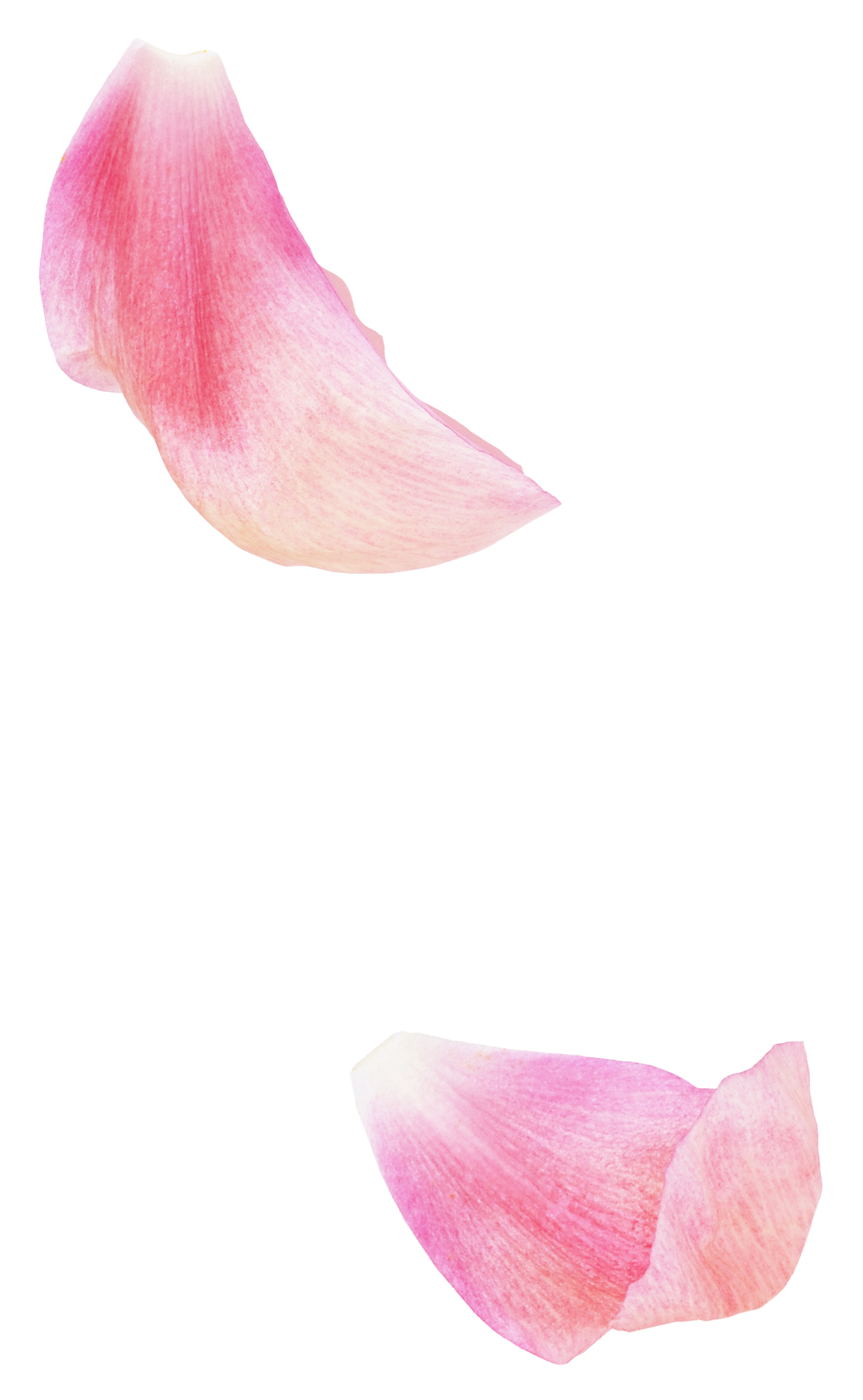
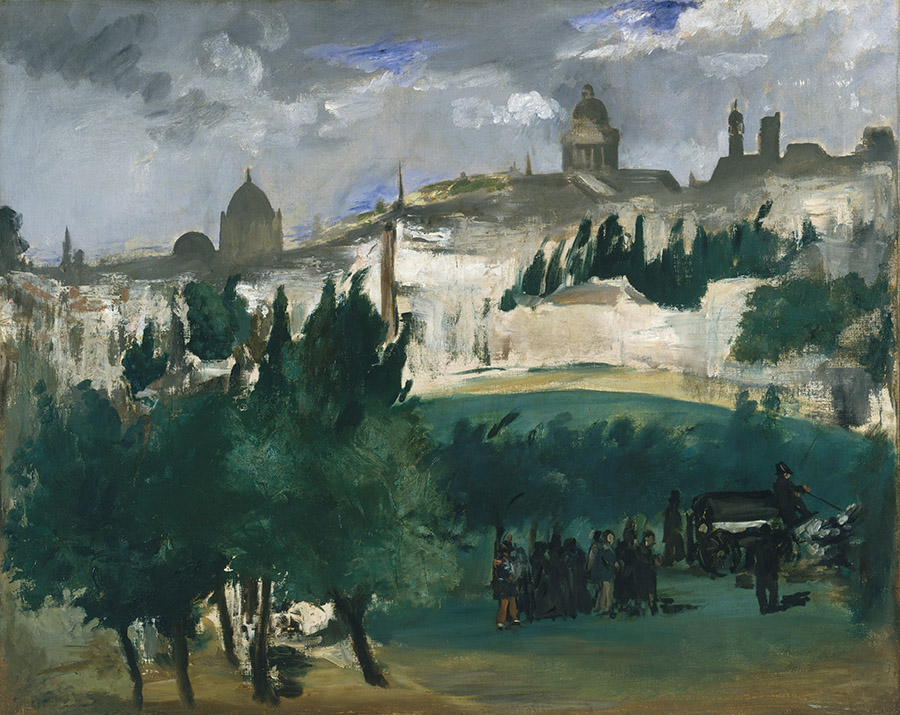
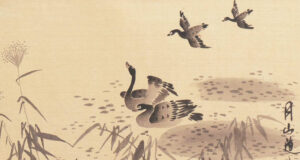
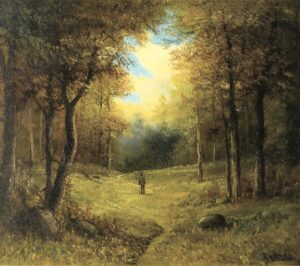

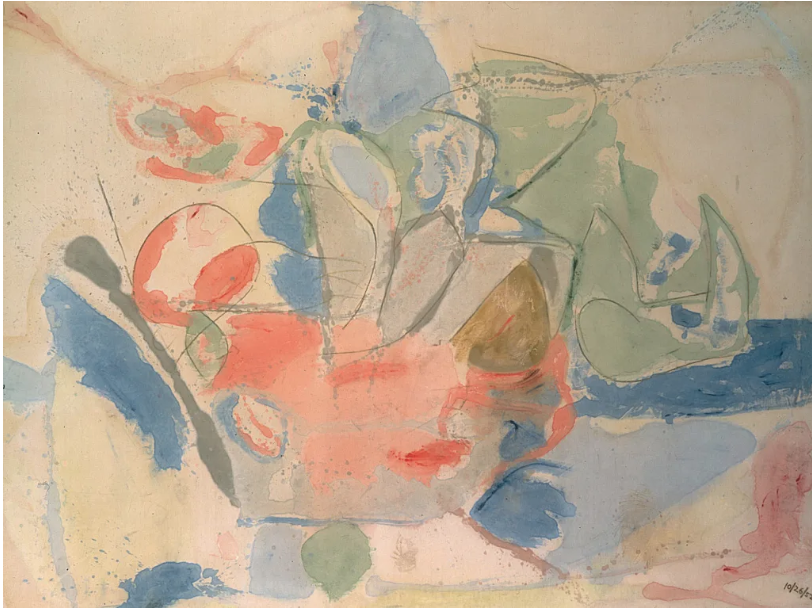
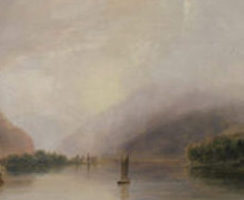
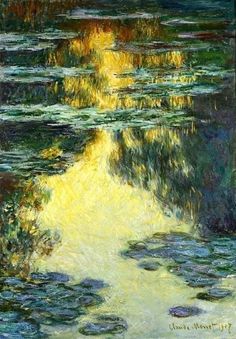
2 Comments. Leave new
I confess. I tripped across this site by chance. I recently read an intriguing poem by Weinberger online and was looking for another when I found this site. I am delighted that I was curious to look, even though, somewhat surprisingly, the site doesn’t feature her poems. However, it provides visitors to the site with interesting thematic poetic pathways.
As I delved into the poem, I found myself drawn to its starkness, the vividness of its imagery, and the freedom those sparsely drawn images allowed for diverse interpretations. While I could appreciate the natural connection between the painting (The Funeral) and the theme (Uncertainty), I personally didn’t resonate with the negative tone it seemed to cast over the poem.
The poem called me to be present, to listen to the “kinds of silence,” and to note the differences in the references to retrospective and prospective memory. There is more joy there than might otherwise be realized.
Welcome, Orion. I’m glad that curiosity led you to this site, and Murawski’s intriguing poem. Your comment about being present to listen to all kinds of silence, caused me to revisit the poem, and I became conscious of so many good silences interwoven with more somber ones. The point is to become more deeply aware of the various ways in which silence speaks in our lives. I’m interested to know more of what you mean by “retrospective” and “prospective” memory, and how you see these kinds of memory in the poem. I hope you’ll share a bit more about that.